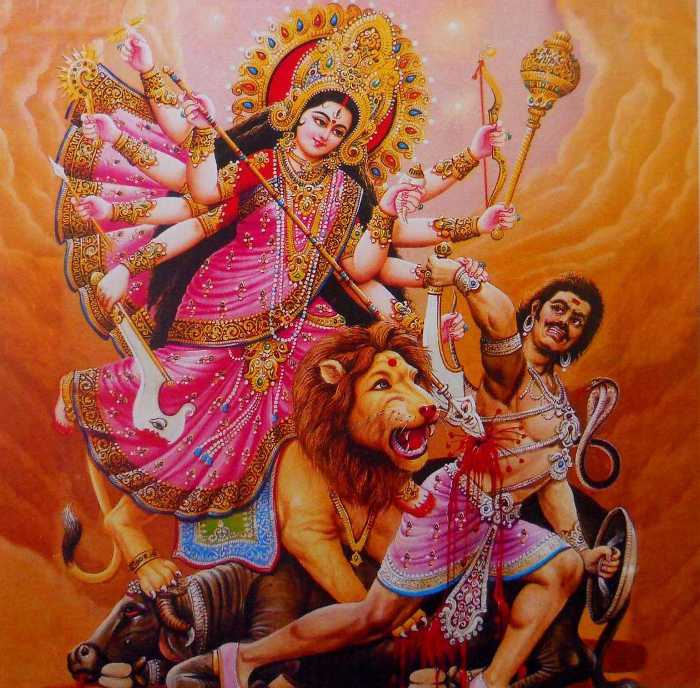FWP:
SETS == HUMOR
IDOL: {8,1}
ISLAMIC: {10,2}
Only two ghazals from the period after 1857 made it into Ghalib's printed, established [muravvaj] divan. The first one, composed in 1858, was {216} (for discussion, see {216,1}); the present ghazal, composed in 1862, was the second. The last of the four editions of his published divan was printed in 1862, so nothing he composed afterward could have made it into the divan anyway.
Bekhud Dihlavi marks this little ghazal as a verse-set (p.116). The verses do have a general unity of tone, but nobody else so marks it. Short ghazals with semantically meaningful refrains are especially likely to strike people as resembling a verse-set.
How rich and amusing the second line is, after the complex buildup of the first! (On the ambiguities of kyūñkar , see {125,1}.) What-- how can you think that I would value my life more than that idol [but]? Do you think I have so little regard for my own faith [īmān]? Here, 'faith' can refer to at least three things: (1) the speaker's personal integrity as an honorable man; (2) the 'faith' of passion, in which he worships that 'idol'; and (3) the 'faith' of Islam, which would be violated if he went back on his pledged word (in this case, of devotion to her).
As the commentators point out, the enjoyableness of invoking
one's īmān toward a but energizes
the verse, especially in view of the indignation in the lover's tone: he's
addressing somebody who's on the verge of challenging his (good) faith, and
he's properly scornful of the imputation. And as the lover knows very well, the jealous and vengeful 'idol' herself is likely to pose the greatest danger to his life.

Hali:
The apparent meaning of this is that if I hold my life dearer than she, then she will take away my faith; therefore I don't hold my life dear. And the second, delightful meaning is that to sacrifice one's life for that idol is exactly what faith is, so then how can life be held dearer than she?
==Urdu text: Yadgar-e Ghalib, p. 131